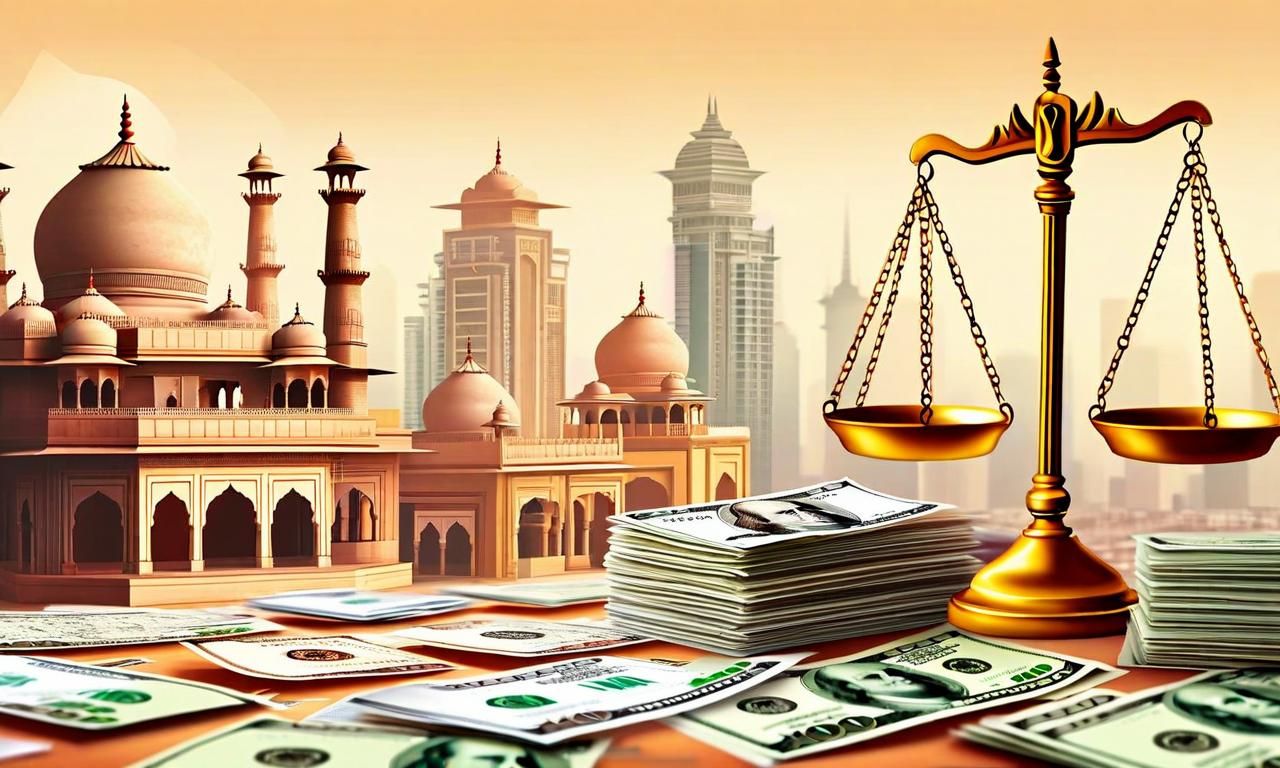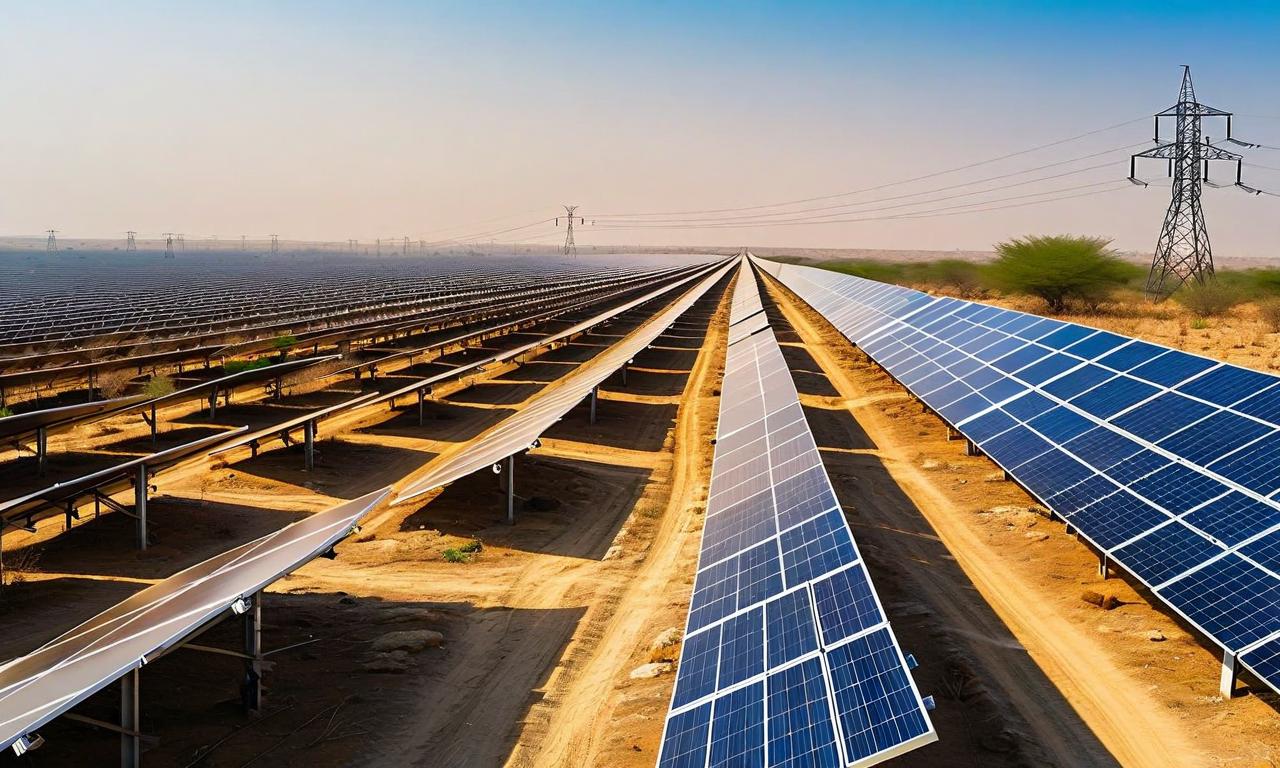Arcil Files for India's First Asset Reconstruction Company IPO
Asset Reconstruction Company (India) Ltd (Arcil) has filed for an Initial Public Offering (IPO), becoming the first bad loan aggregator in India to go public. The IPO is structured as an offer for sale of 10.54 crore shares by existing shareholders, with no fresh capital being raised. Major stakeholders, including Avenue Capital Group and State Bank of India, will reduce their holdings. Arcil, established in 2002, is India's second-largest ARC with assets under management of Rs 15,230 crore. The company reported revenue of Rs 596.42 crore and a profit after tax of Rs 355.31 crore. IIFL Capital, IDBI Capital, and JM Financial are managing the IPO.

*this image is generated using AI for illustrative purposes only.
Asset Reconstruction Company (India) Ltd (Arcil) has taken a groundbreaking step in the Indian financial sector by filing its Initial Public Offering (IPO) prospectus. This move marks the first-ever public offering by a bad loan aggregator in India, potentially setting a new precedent in the country's financial markets.
Offer Details
The IPO is structured as an offer for sale (OFS), involving the sale of 10.54 crore shares by existing shareholders. Notably, the company will not be raising fresh capital through this offering. This structure suggests that the primary aim of the IPO is to provide an exit or partial exit for current investors rather than to raise funds for company operations or expansion.
Shareholder Stake Changes
The IPO will result in significant changes to Arcil's ownership structure:
| Shareholder | Current Stake | Post-IPO Stake | Shares Offered |
|---|---|---|---|
| Avenue Capital Group | 69.73% | 48.57% | 6.87 crore |
| State Bank of India | 19.95% | 13.96% | 1.94 crore |
| Lathe Investment (GIC affiliate) | 5.00% | 0.00% | 1.63 crore |
| Federal Bank | 1.27% | 0.95% | 0.10 crore |
Avenue Capital Group, the majority shareholder, will see the most significant reduction in its stake, offloading 6.87 crore shares. State Bank of India, another major shareholder, will also decrease its holding by selling 1.94 crore shares. Notably, Lathe Investment, an affiliate of GIC, will completely exit its position by selling its entire 5% stake.
Company Profile
Arcil, established in 2002, holds the distinction of being India's first asset reconstruction company. Currently, it stands as the second-largest ARC in the country by assets under management, with a portfolio valued at Rs 15,230 crore. This position underscores Arcil's significant role in India's financial ecosystem, particularly in managing and resolving non-performing assets.
Financial Performance
Arcil reported impressive financial results:
- Revenue: Rs 596.42 crore
- Profit After Tax: Rs 355.31 crore
These figures demonstrate the company's strong financial health and profitability, which could be attractive to potential investors.
IPO Management
The public offering is being managed by a consortium of financial institutions:
- IIFL Capital
- IDBI Capital
- JM Financial
These experienced financial firms will oversee the IPO process, from pricing to allocation.
Market Implications
Arcil's IPO is a significant event for India's financial sector. As the first public offering by an asset reconstruction company, it could pave the way for other ARCs to consider going public. This move may increase transparency in the ARC sector and potentially attract more investor interest in the business of bad loan management and resolution.
The success of this IPO could also provide insights into investor appetite for companies operating in the distressed asset space, which plays a crucial role in India's ongoing efforts to address the non-performing asset challenge in its banking sector.
As the IPO process unfolds, market participants will be keenly watching how this unique offering is received by both institutional and retail investors. The outcome could have broader implications for the ARC industry and the Indian financial market as a whole.
























